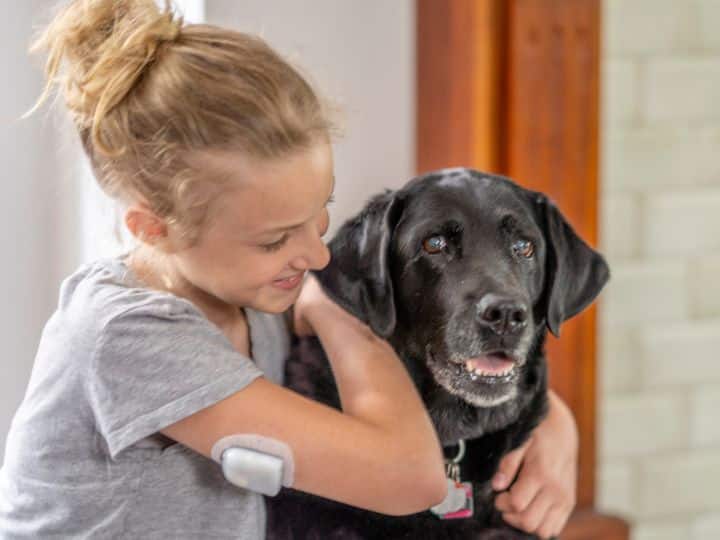
Diabetic alert dogs (DADs) have proven to be invaluable companions for individuals with diabetes, providing a vital service by detecting changes in blood sugar levels and alerting their owners to take necessary actions. However, one of the most common questions asked by those considering a DAD is whether insurance covers the cost of these highly trained animals. In this article, we’ll explore the current landscape of insurance coverage for diabetic alert dogs.
Firstly, it’s important to note that diabetic alert dogs are considered medical equipment under the Americans with Disabilities Act (ADA). This classification means that they should be treated similarly to other assistive devices, such as wheelchairs or prosthetic limbs. However, despite this recognition, insurance coverage for DADs varies greatly depending on the type of insurance and the specific provider.
Private health insurance companies have different policies regarding coverage for diabetic alert dogs. Some insurers view DADs as a medical necessity and may offer partial or full coverage for the cost of the dog and its training. However, many private insurance companies do not have clear policies on DADs, and coverage decisions are often made on a case-by-case basis. It’s essential for individuals to review their insurance policy carefully and discuss their specific needs with their insurance provider to determine if particular coverage is available.
On the other hand, public insurance programs like Medicare and Medicaid have more defined guidelines for diabetic alert dog coverage. Unfortunately, Medicare does not currently cover the cost of DADs, as they are not considered durable medical equipment under the program’s rules. Medicaid, which is administered by individual states, may offer coverage for DADs in some cases, but policies vary widely from state to state. Individuals with Medicaid should contact their state’s Medicaid office to inquire about coverage options.
Some individuals may find success in securing insurance coverage for their diabetic alert dog by obtaining a prescription from their healthcare provider. A medical prescription that clearly outlines the necessity of a DAD for managing diabetes can strengthen the case for insurance coverage. Additionally, some insurance companies might require proof of the dog’s training and certification from a recognized organization to consider coverage. It’s important to gather all relevant documentation and be prepared to advocate for the medical necessity of a DAD when communicating with insurance providers.
In cases where insurance coverage is not available, there are alternative funding options to consider. Many non-profit organizations and charities offer grants or financial assistance programs specifically for individuals seeking diabetic alert dogs. These organizations recognize the life-saving role of DADs and aim to make them more accessible to those in need. Researching and applying for these grants can be a viable path to securing funding for a diabetic alert dog.
In conclusion, insurance coverage for diabetic alert dogs is not always straightforward, and it varies greatly depending on the type of insurance and individual policies. While some private insurers may offer coverage, public programs like Medicare do not currently cover the cost of DADs. Individuals seeking insurance coverage should review their policies carefully, discuss their needs with their insurance provider, and consider obtaining a prescription from their healthcare provider. In cases where insurance coverage is not available, exploring alternative funding options, such as grants from non-profit organizations, can be a valuable avenue to pursue. As the recognition of the medical necessity of diabetic alert dogs grows, it is hoped that insurance coverage will become more widely available, ensuring that these life-saving companions are accessible to all who need them.



